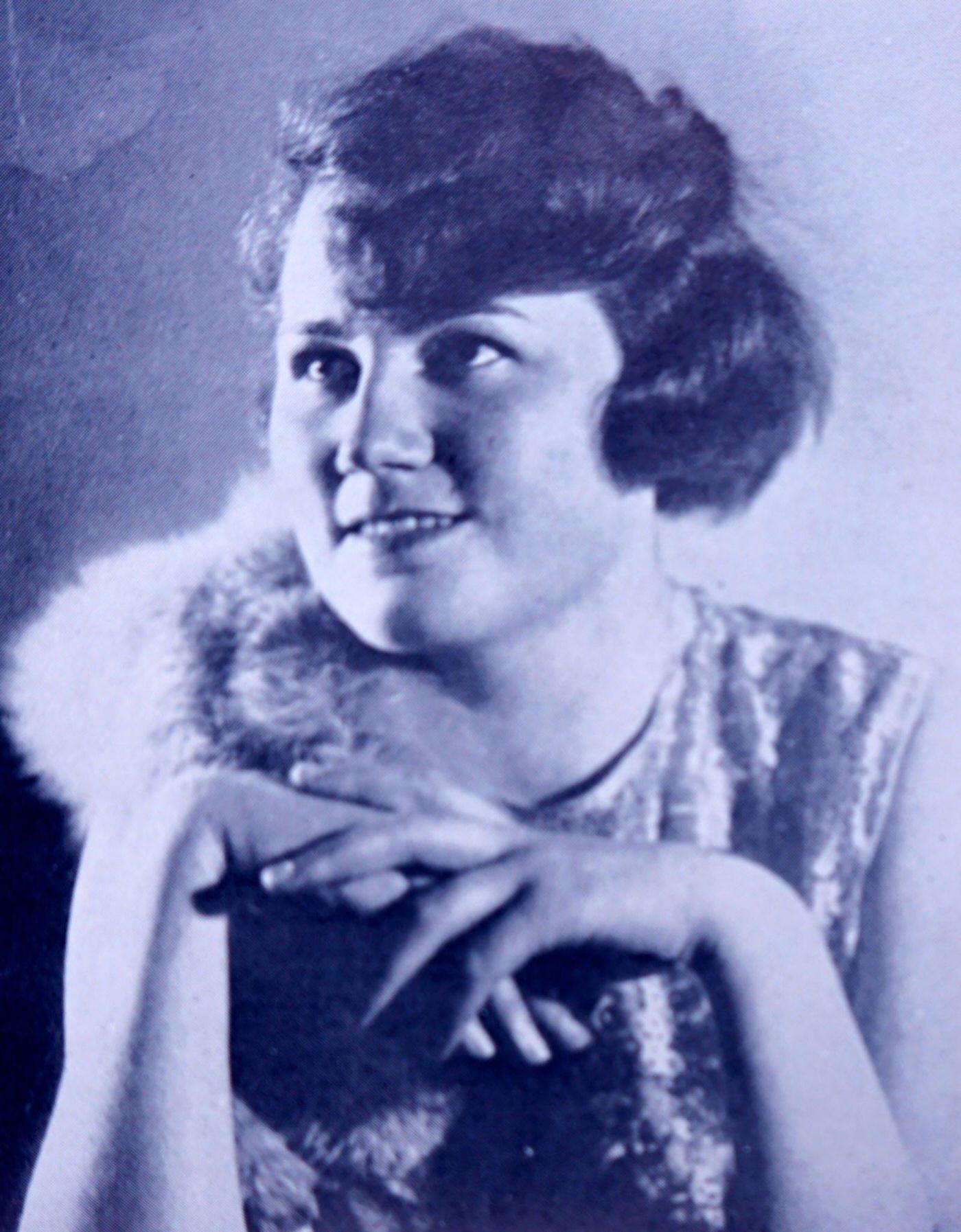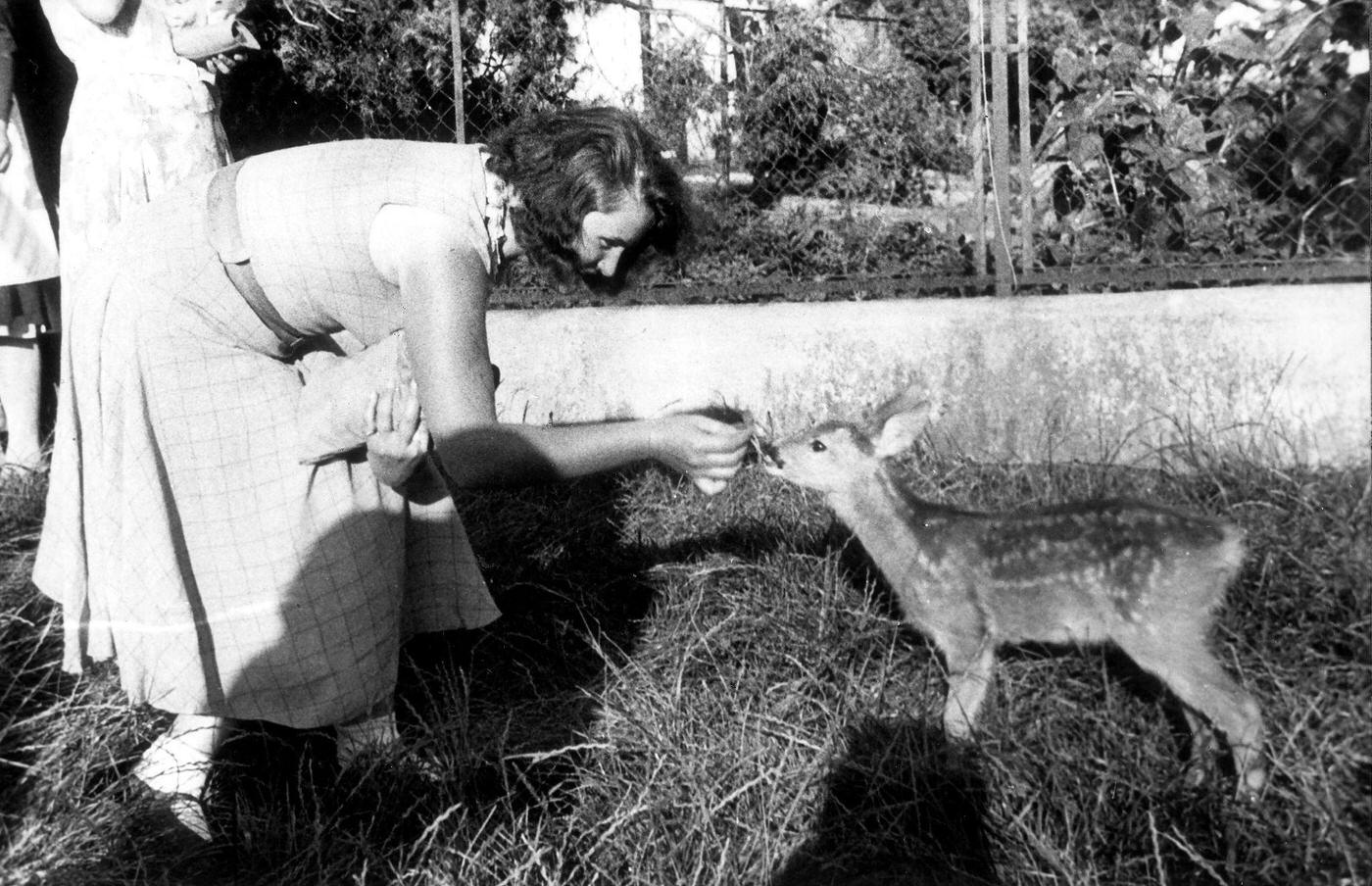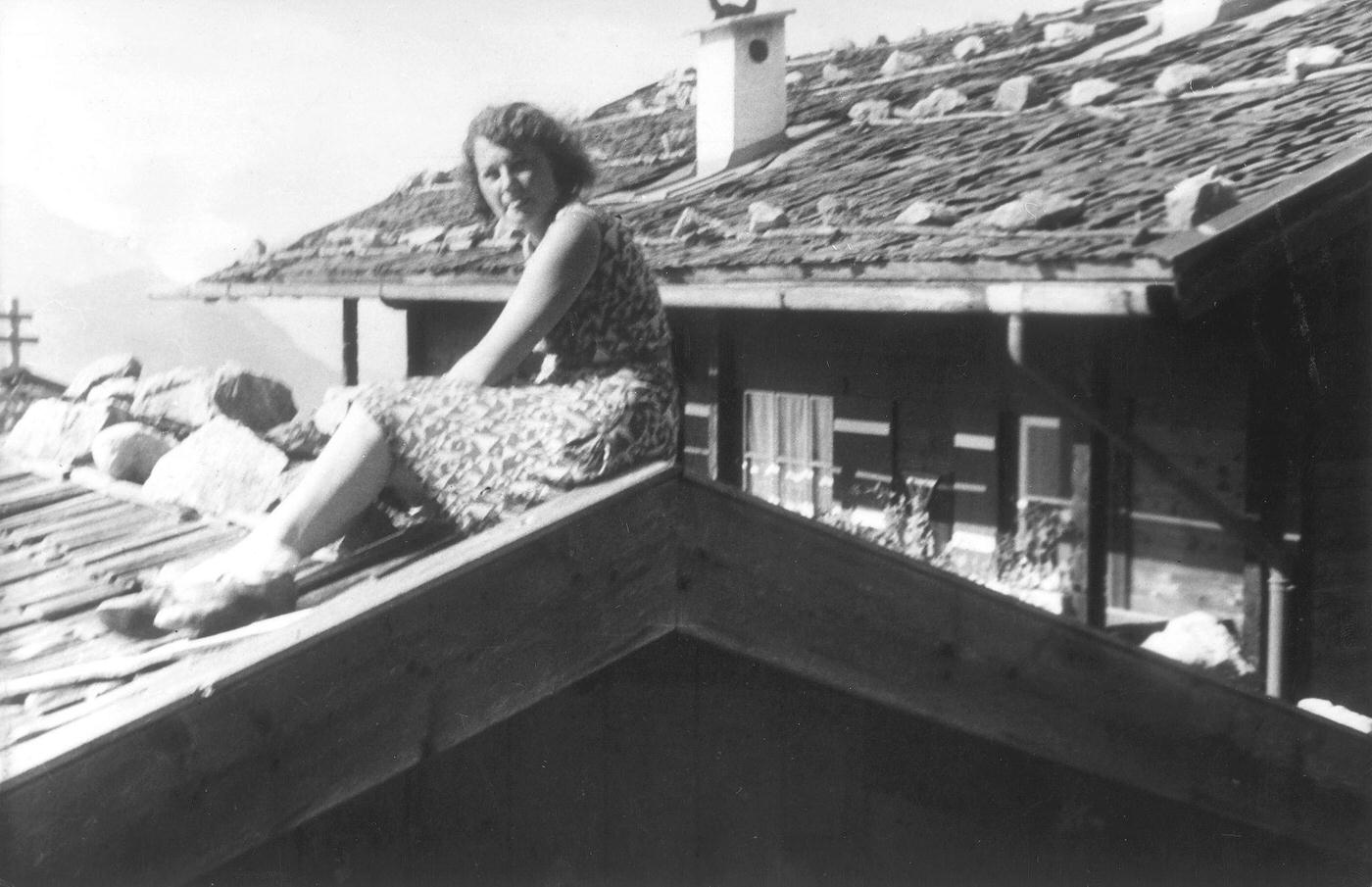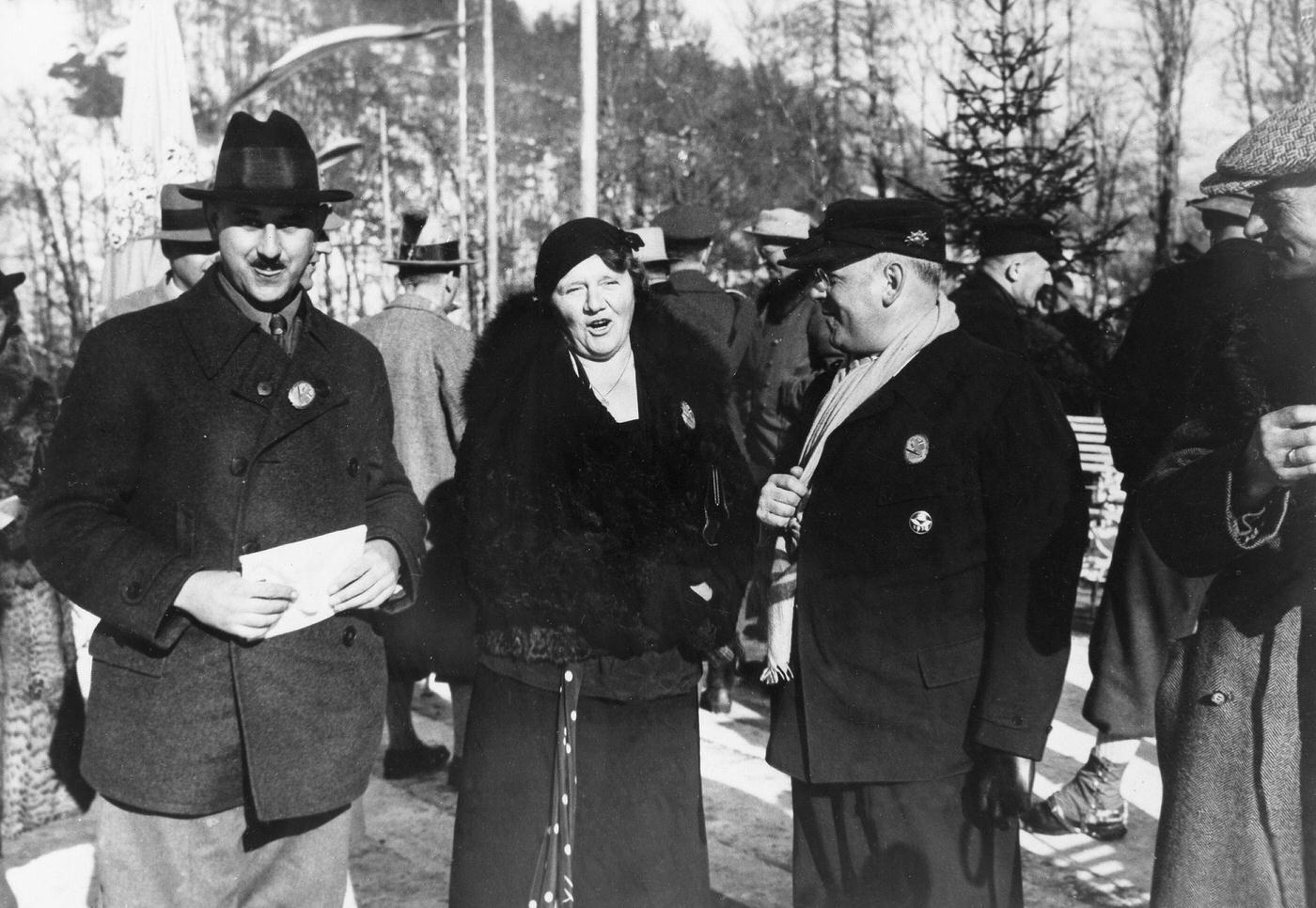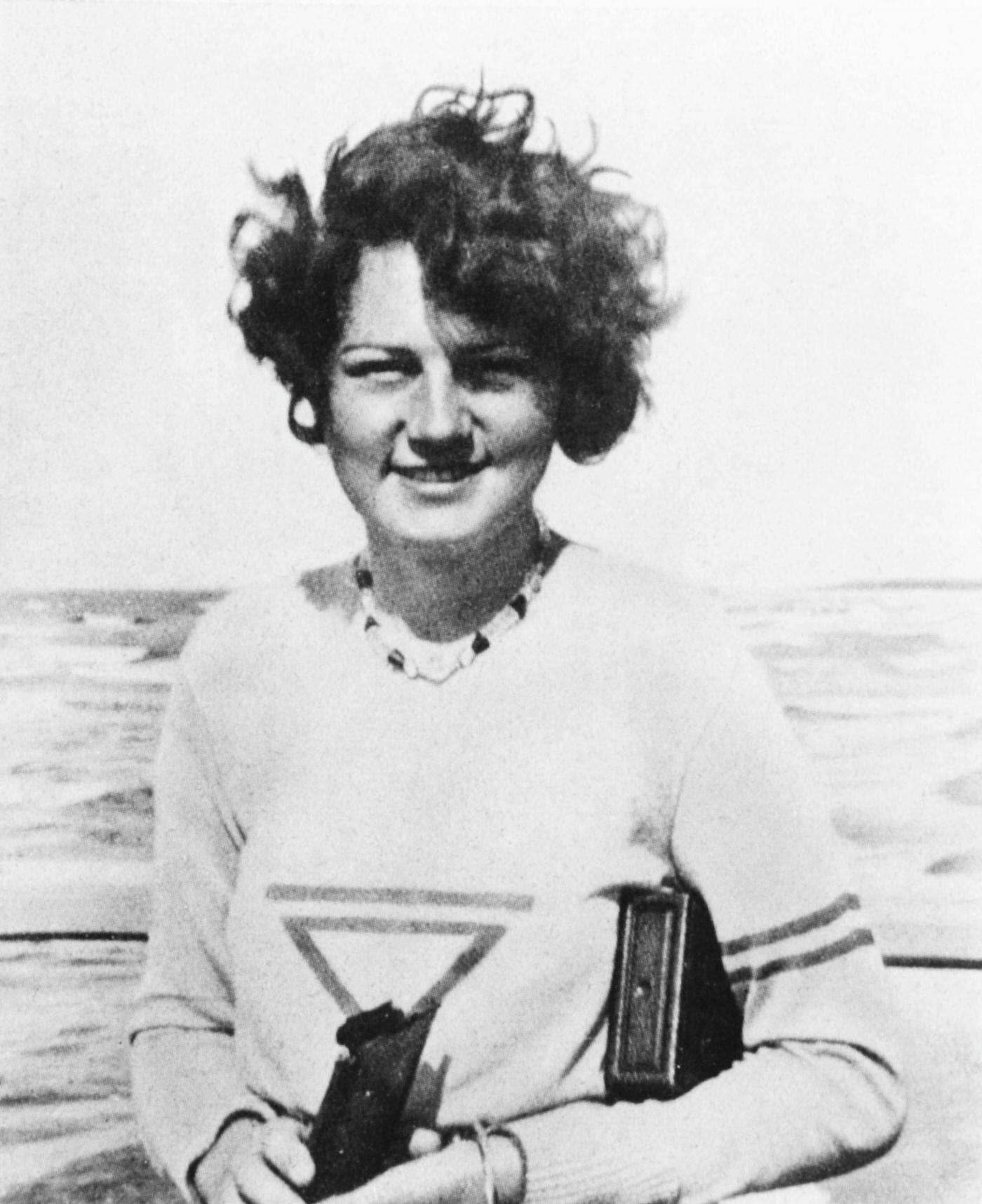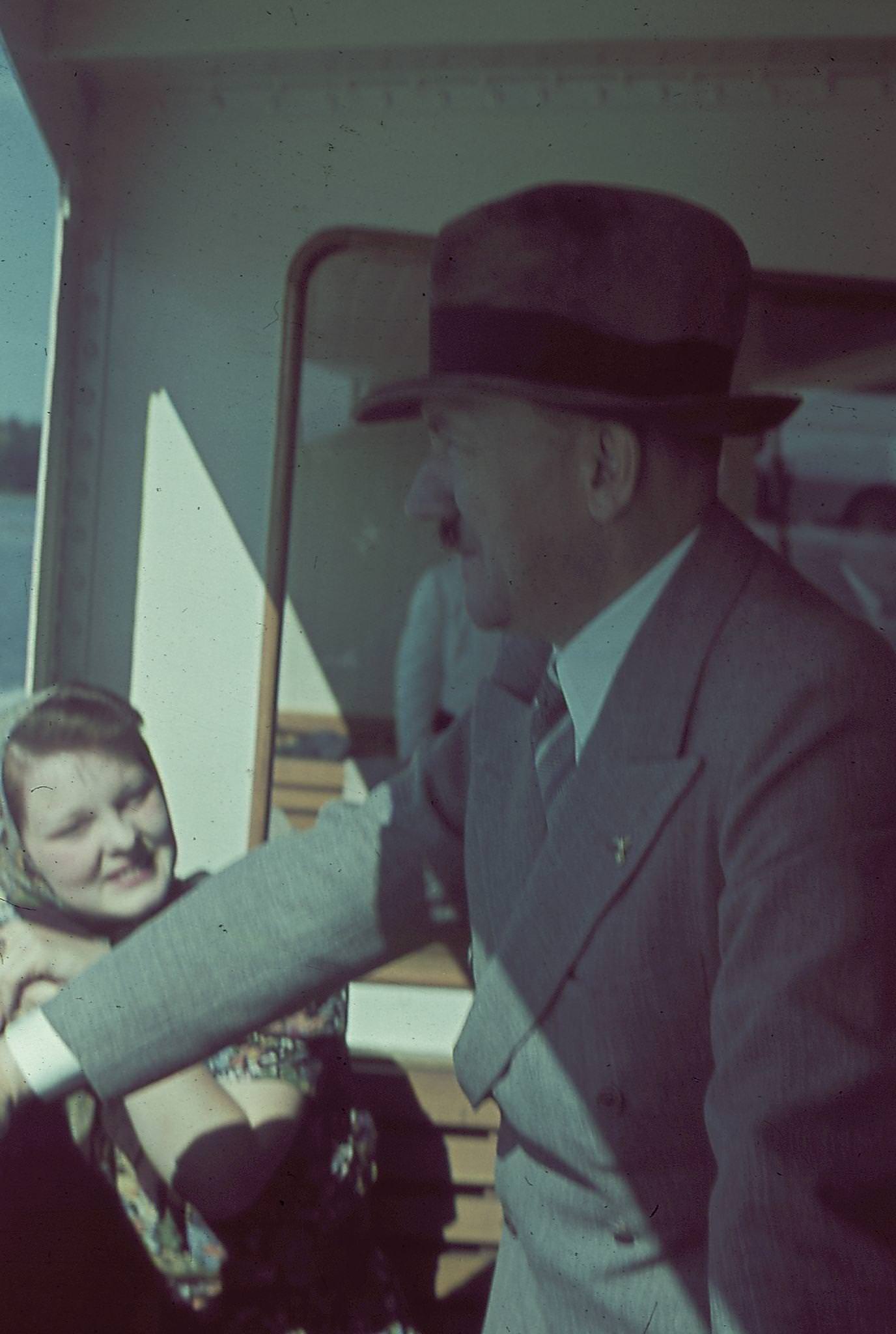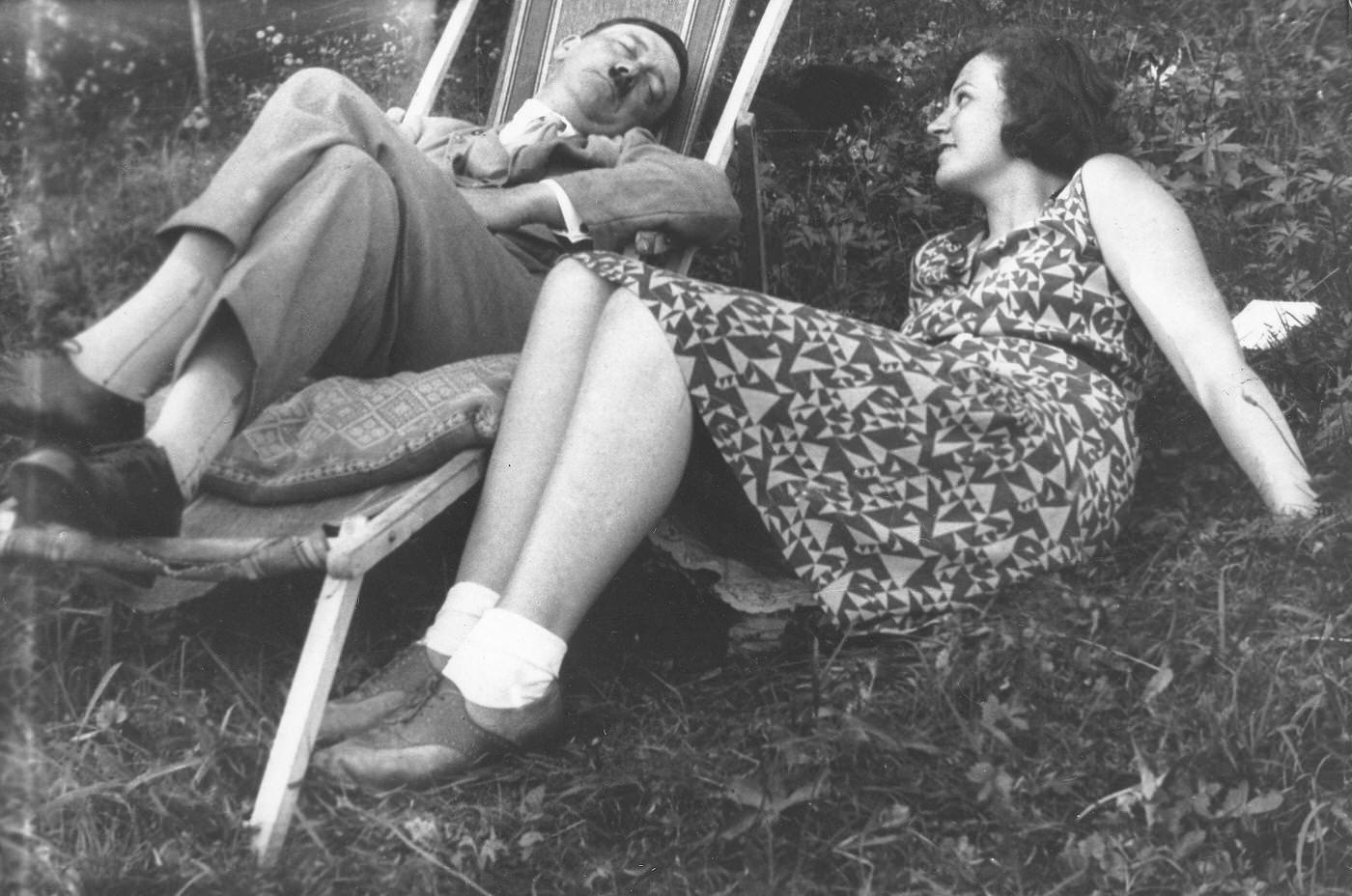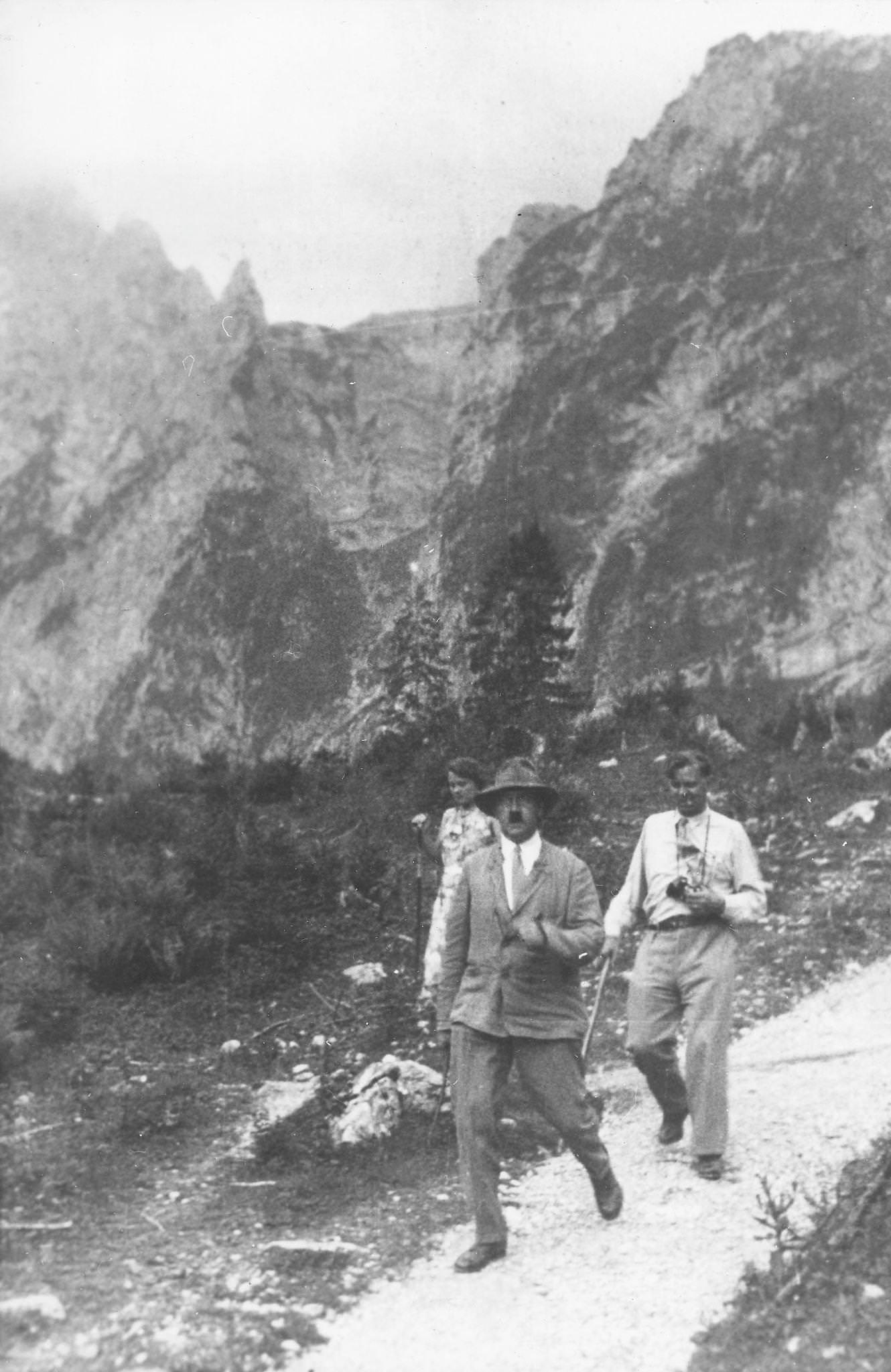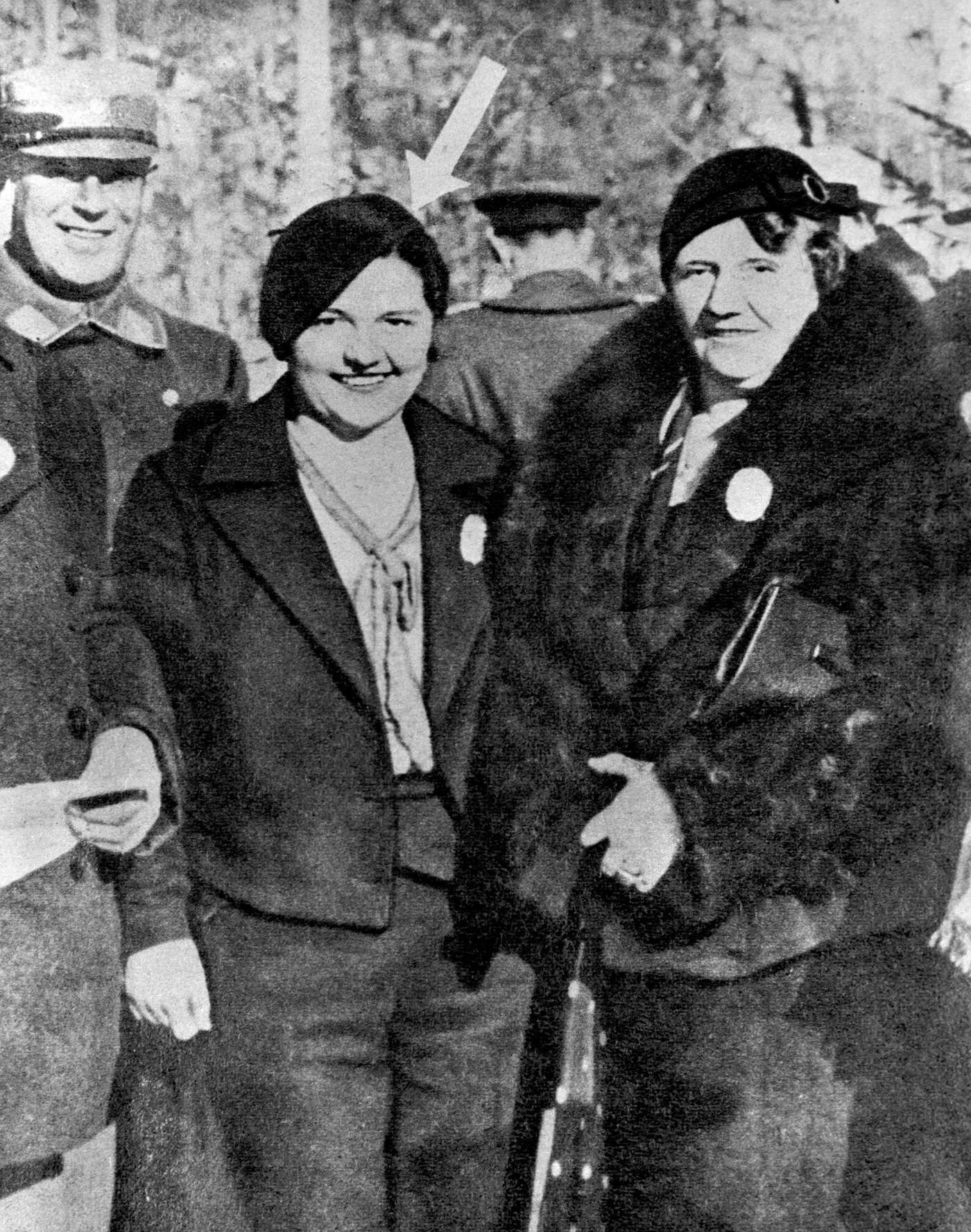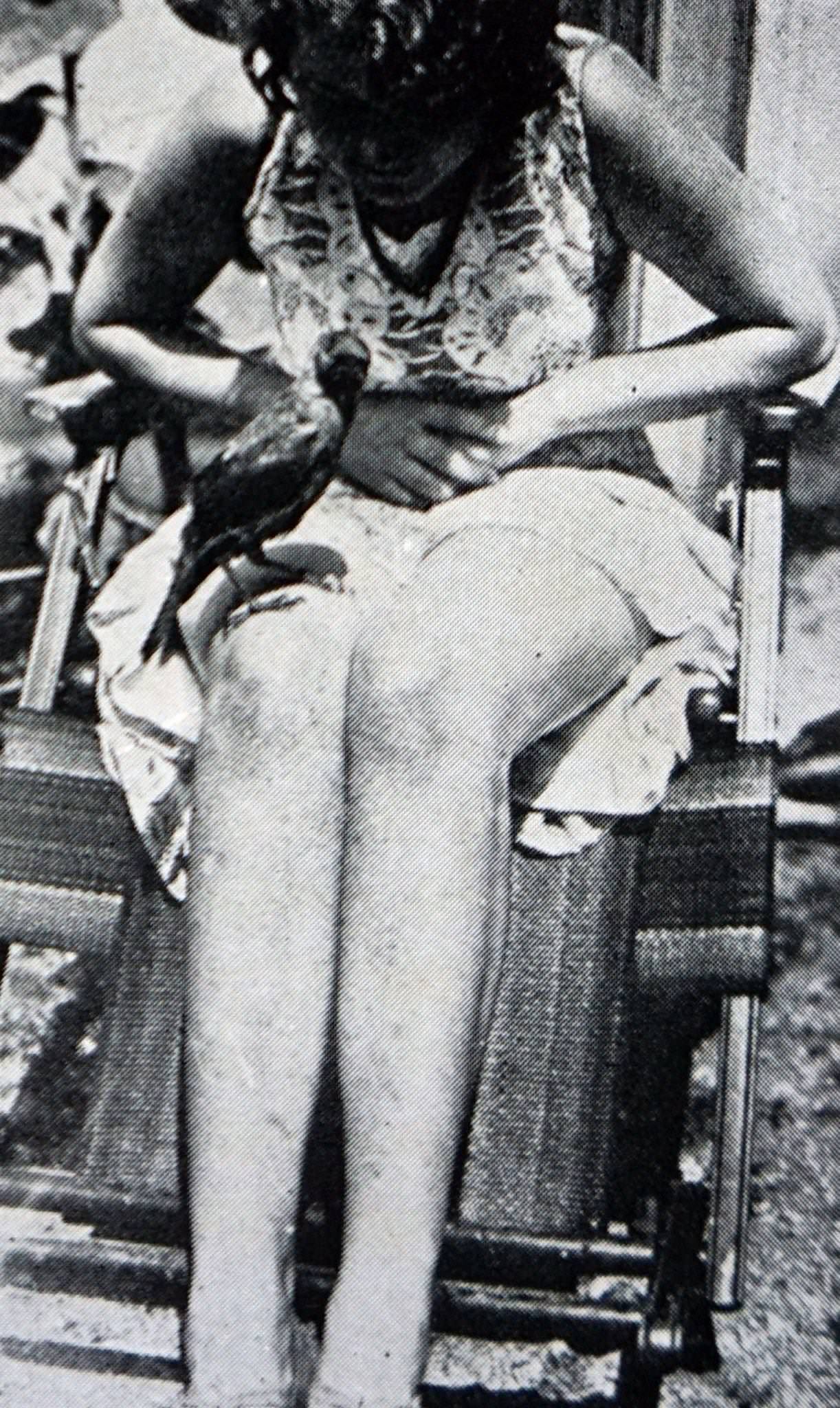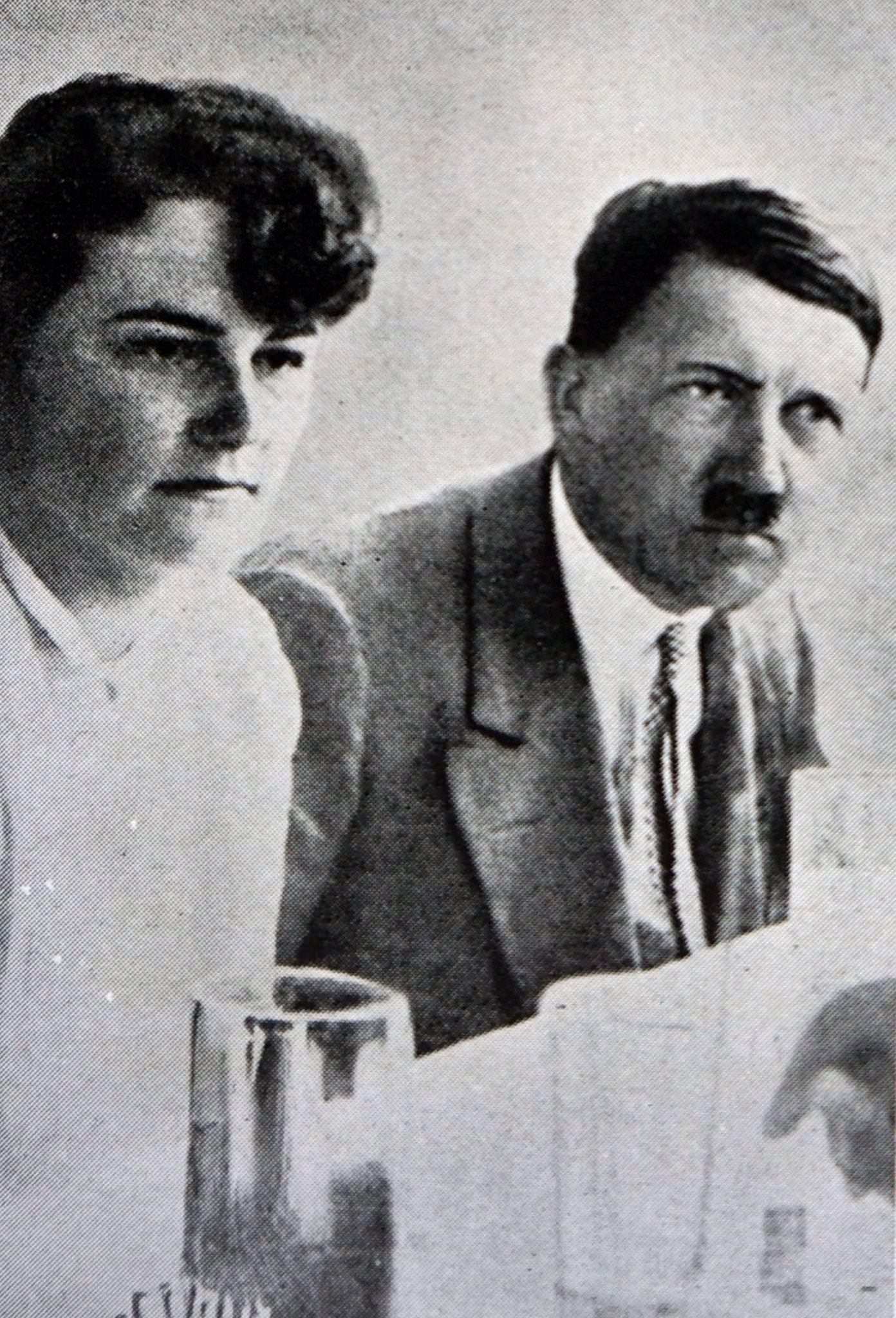The name Geli Raubal may not be instantly recognized in the chronicles of World War II, but her story, marked by intrigue, scandal, and tragedy, adds a deeply personal facet to the narrative of Adolf Hitler’s life. As the woman romantically linked to Hitler, her story provides a unique window into the early life of a man who would go on to become one of history’s most infamous dictators.
Born in Linz, Austria, in 1908, Angela Maria ‘Geli’ Raubal was the daughter of Hitler’s half-sister, Angela Raubal. She first met Hitler in the 1920s, when he was emerging as a rising star in Germany’s political scene. At the time, Hitler was taken by Geli’s vivaciousness and charm, so much so that he became a strong presence in her life, a presence that would evolve into a relationship that many speculate to have been a romantic one.
Geli moved to Munich in 1929 to live in Hitler’s apartment, purportedly to begin her medical studies. However, instead of focusing on her education, Geli found herself immersed in the intense and tumultuous world of Nazi politics. As she spent more time with Hitler, their relationship sparked rumors and controversy among their contemporaries.
While Hitler publicly referred to Geli as his niece, many close to them believed their bond ran deeper than familial ties. It was said that Hitler was possessive, even obsessive about Geli, treating her both as a confidante and a prized possession. This fascination was reportedly met with discomfort and dissatisfaction from Geli, who yearned for independence and a life beyond the walls of Hitler’s apartment.
The intricacies of their relationship were ultimately shrouded in mystery and speculation, further deepened by Geli’s tragic death in 1931. She was found dead in the apartment they shared, with a gunshot wound and Hitler’s pistol nearby. Officially ruled as a suicide, her death stirred controversy, with whispers of murder and cover-ups creating a cloak of suspicion that lingered long after her demise. Some speculated that Hitler or another member of the inner Nazi circle might have been involved in her death, a rumor fueled by the swift and secretive nature of the subsequent investigations.
Hitler was in Nuremberg at the time of Geli’s death and reportedly devastated upon hearing the news. Despite the cloud of suspicion, no concrete evidence was ever found to directly link Hitler or any other party to her death. Yet, the speculation and controversy surrounding her death never quite subsided, contributing to an air of mystery that continues to surround her life and relationship with Hitler.
In the aftermath of Geli’s death, Hitler’s personality seemed to harden. According to close associates and biographers, he became more withdrawn and obsessive, his political rhetoric intensified, and his determination to achieve his goals seemed to strengthen. He declared Geli to be the only woman he had ever loved and maintained a shrine to her in his homes, keeping her room untouched and displaying her portraits prominently. Geli’s death, shrouded in mystery and tragedy, cast a long shadow, marking a significant personal turning point in the life of a man who would go on to become one of history’s most notorious figures.


